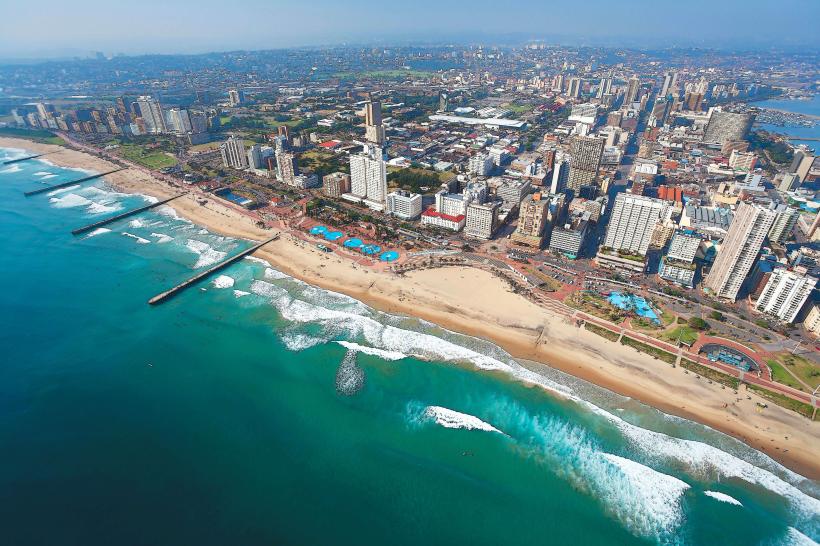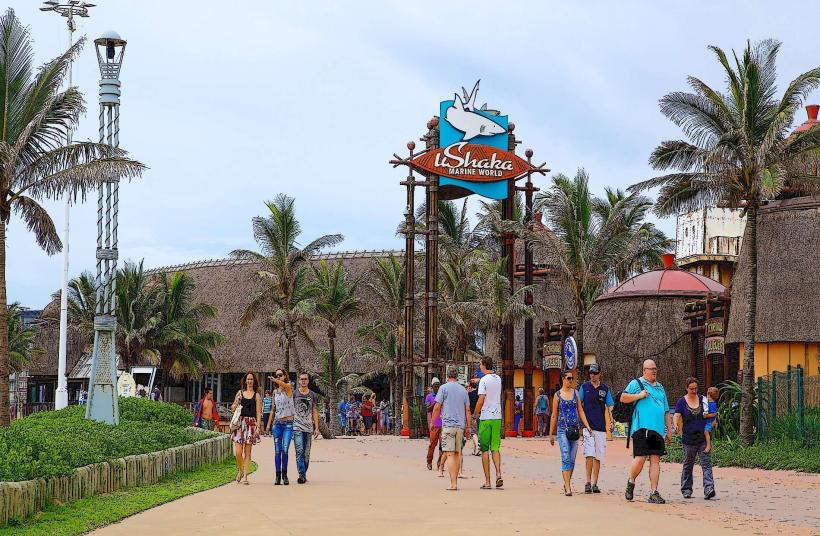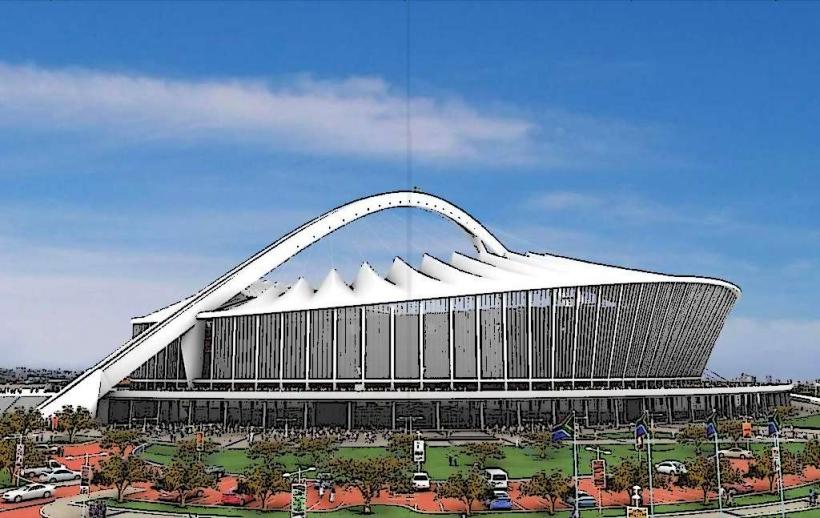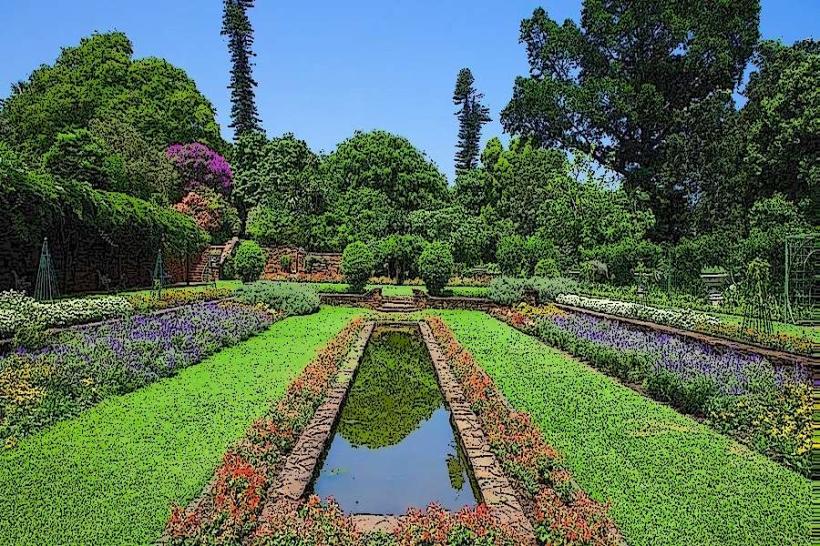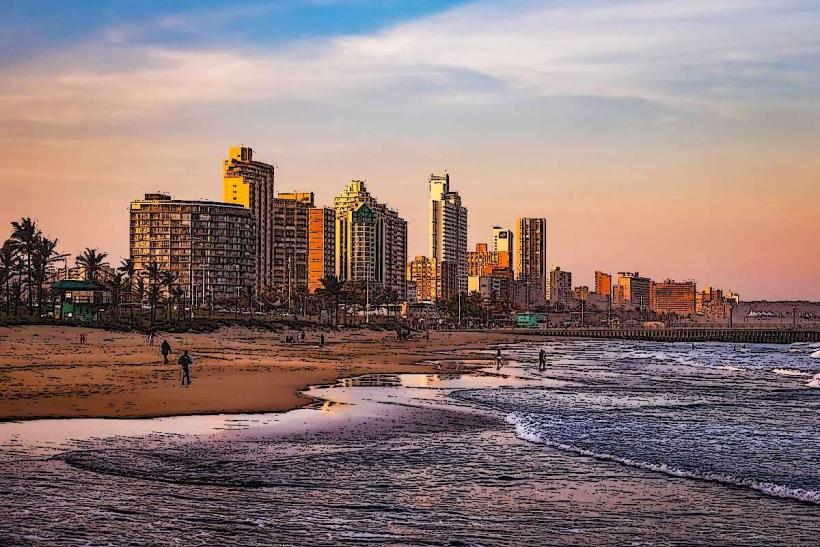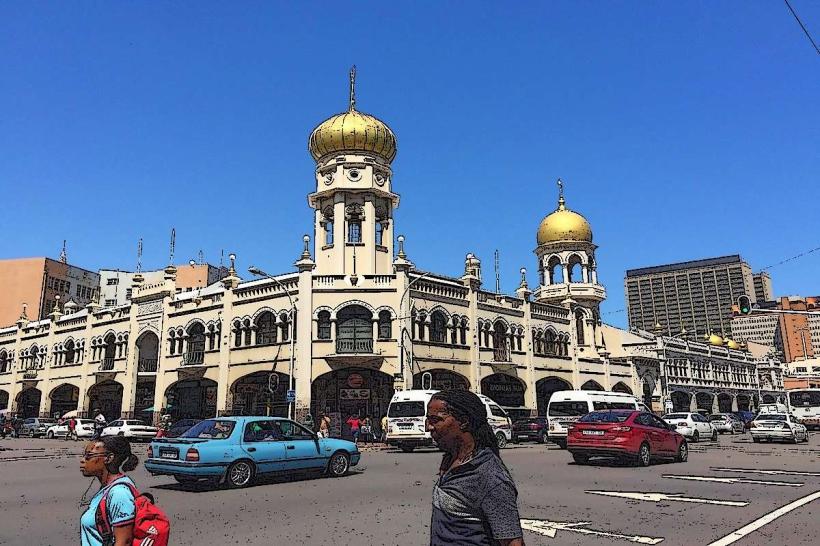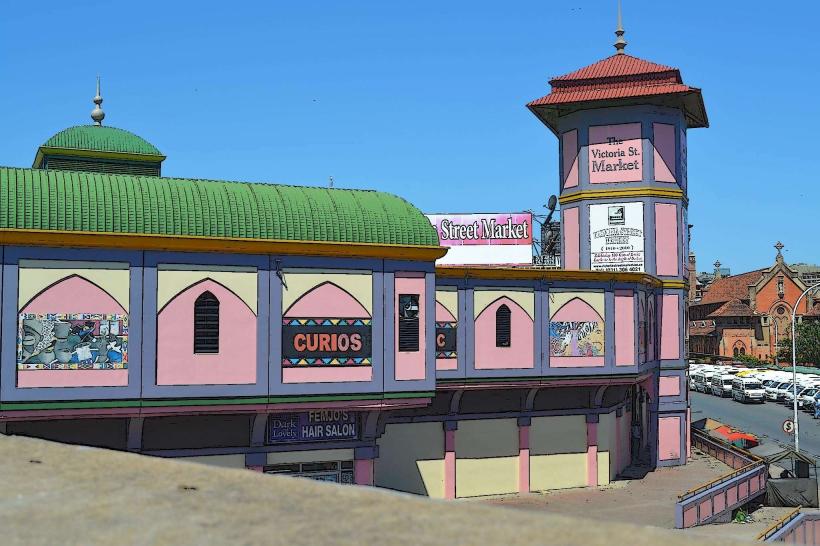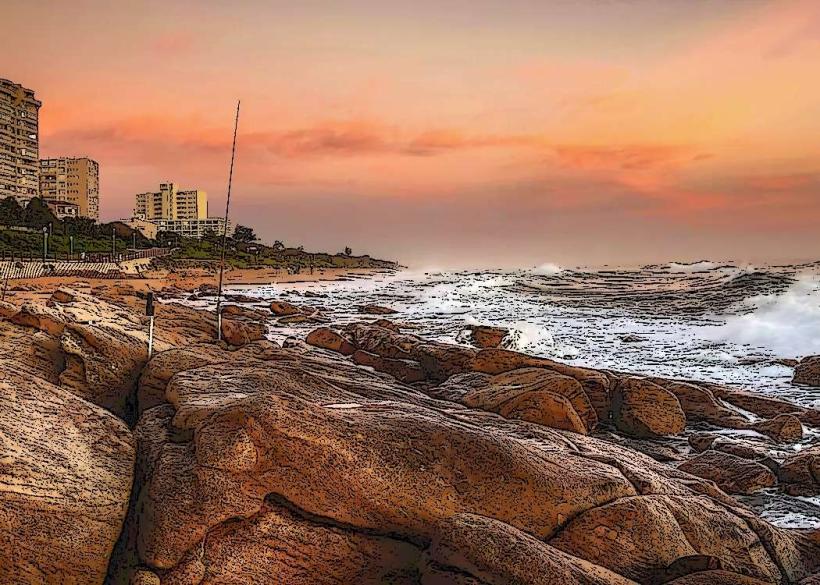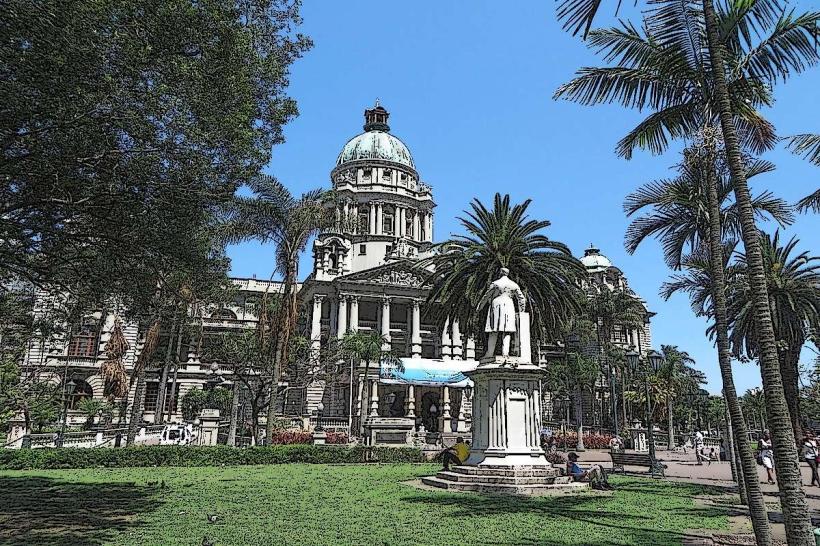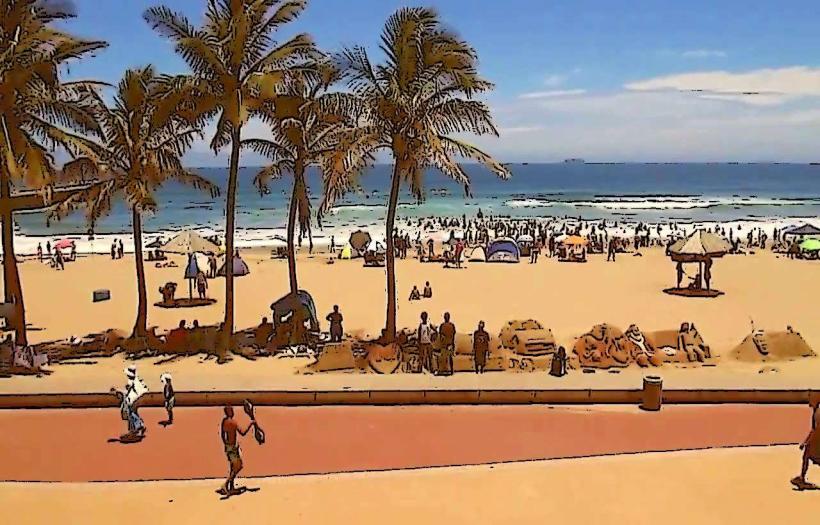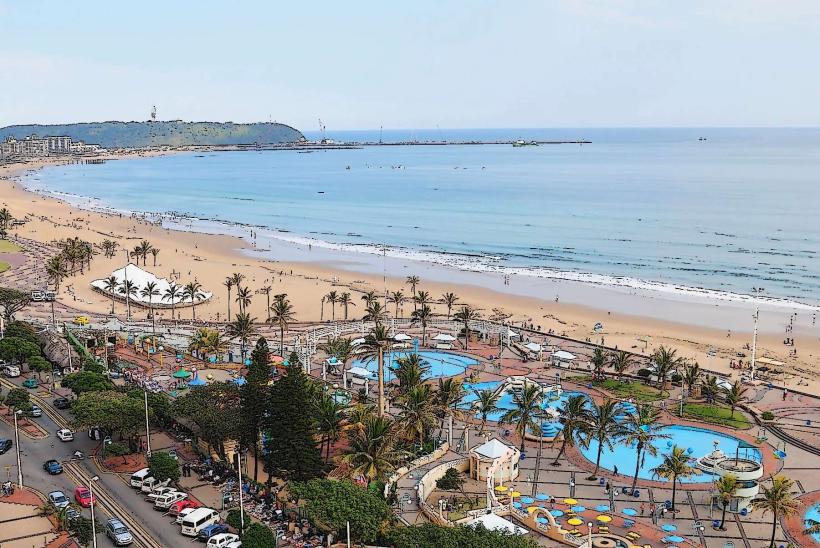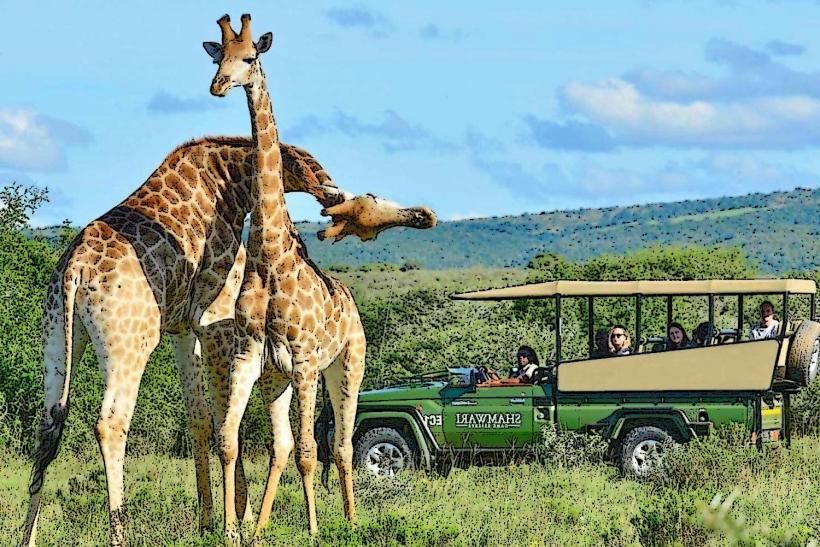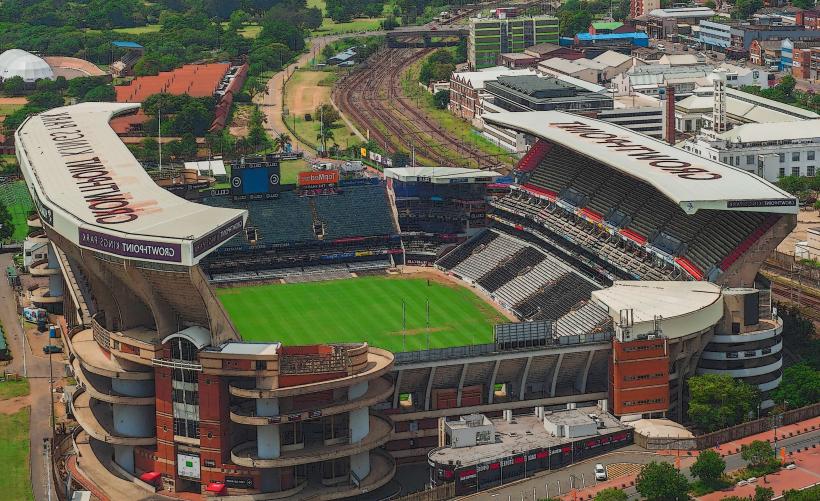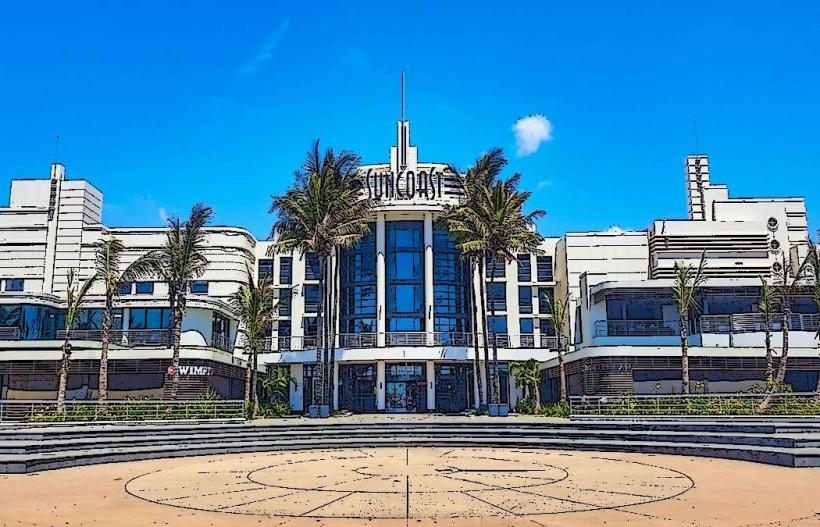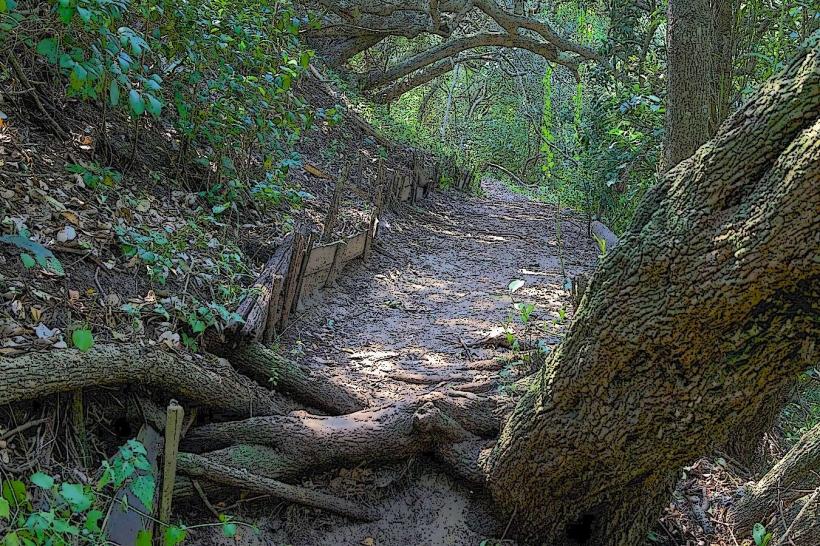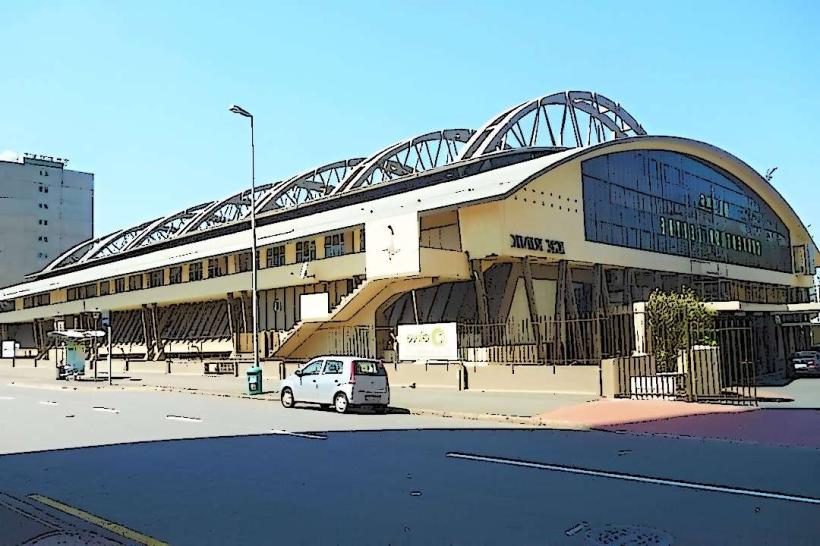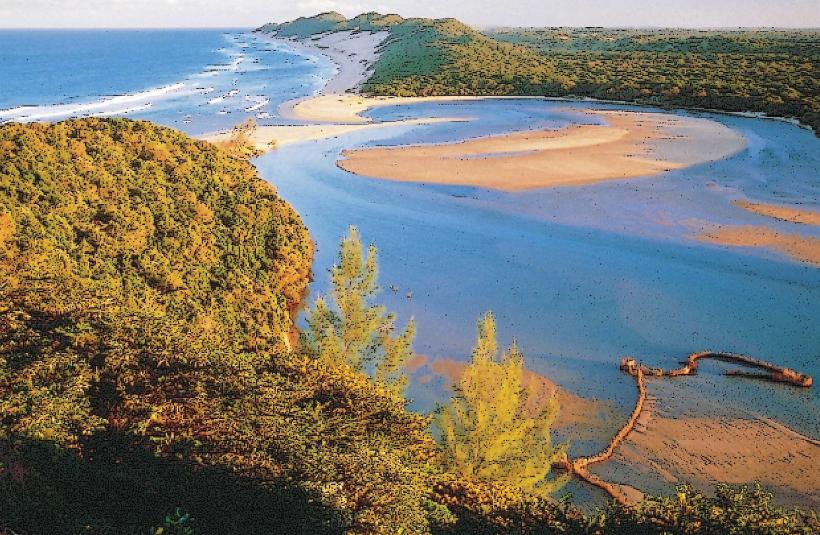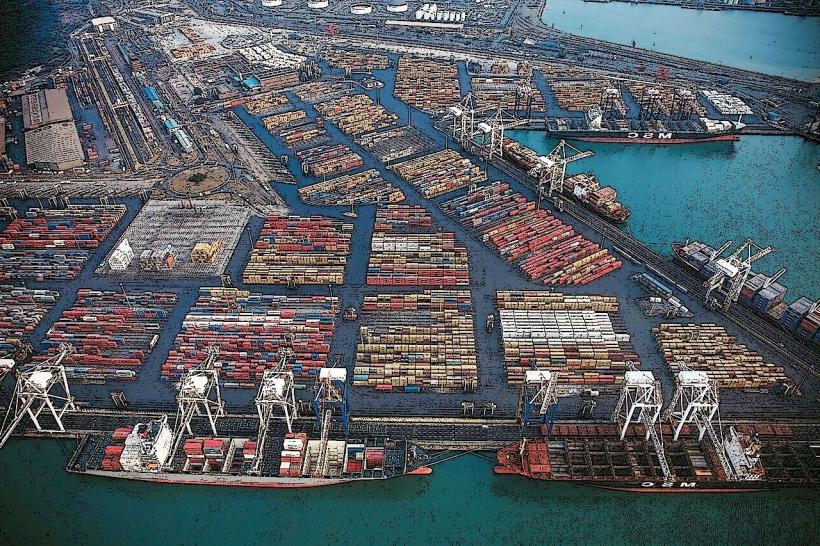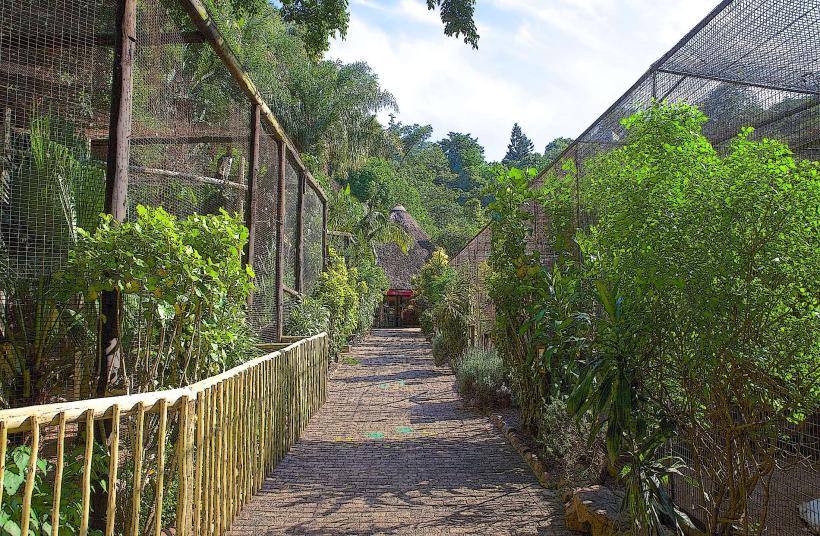Information
City: DurbanCountry: South Africa
Continent: Africa
Durban, South Africa, Africa
Durban serves as the primary maritime gateway for Southern Africa and the largest port on the continent. It is situated on the east coast of South Africa in the KwaZulu-Natal province, looking out upon the Indian Ocean.
Historical Timeline
Durban's modern history dates to 1824 when British settlers led by Henry Francis Fynn established a trading post at the Bay of Natal under the suzerainty of the Zulu King, Shaka. The city was named in 1835 after Sir Benjamin D'Urban, then-Governor of the Cape Colony. The most significant architectural and social reconstruction occurred following the 1932 enlargement of the borough and during the Apartheid era's forced relocations. The primary event that shaped the current urban form was the mid-19th century arrival of indentured Indian laborers for sugar plantations, which created the largest Indian-descended population outside of India.
Demographics & Population
The metropolitan population (eThekwini) is approximately 4.2 million as of 2026. Within the city proper, the demographic composition is roughly 51% Black African (predominantly Zulu), 24% Indian/Asian, 15% White, and 9% Coloured. The median age is approximately 27.2 years.
Urban Layout & Key Districts
The city is organized around a natural harbor and a sprawling beachfront. The Central Business District (CBD) houses the historic administrative core. To the North lies Umhlanga, an upscale commercial and residential satellite hub. The Berea is a ridge overlooking the city containing established residential areas like Musgrave and Glenwood. The Golden Mile (East) is the primary tourist beachfront promenade.
Top City Landmarks
Moses Mabhida Stadium (Masabalala Yengwa Avenue)
uShaka Marine World (Point Waterfront)
Durban City Hall (Anton Lembede Street)
Juma Masjid Mosque (Grey Street/Indian Quarter)
Durban Botanic Gardens (Berea - Africa's oldest surviving botanical garden)
Transportation Network
Internal movement relies on minibus taxis and the People Mover bus service. There is no metro or tram system. Uber and Bolt are the primary ride-sharing apps and are highly recommended over public transit for safety. Traffic density is extreme on the N2 and N3 highways during peak morning (06:30–08:30) and evening (16:00–18:00) hours.
Safety & "Red Zones"
Durban has significant safety risks. The CBD, Point Area, and South Beach should be avoided after dark and require high vigilance during the day. Townships like KwaMashu and Umlazi are "red zones" for tourists unless on a sanctioned tour. Common scams include "card jamming" at ATMs and street "helpers" who offer directions while pickpocketing. Do not display phones or jewelry in public.
Digital & Financial Infrastructure
Average fixed fiber internet speeds reach 50–100 Mbps. Main carriers are Vodacom, MTN, and Telkom. Card acceptance is universal in malls and restaurants; contactless payment (Apple Pay/Google Wallet) is widely supported. ATMs are ubiquitous in shopping centers; avoid standalone street ATMs.
Climate & Air Quality
The city has a humid subtropical climate. Temperatures range from 11°C to 23°C in winter (June–August) and 21°C to 32°C in summer (December–March). Air quality is generally moderate, though industrial zones in the South (Prospecton/Merebank) experience localized pollution. The primary weather risks are extreme humidity in summer and occasional catastrophic flooding (as seen in 2022).
Culture & Social Norms
Tipping of 10–15% is standard in restaurants. Handshakes are the standard greeting, often accompanied by the "African handshake" (three-part grip). Dress code is casual due to the heat, though modesty is required in religious sites. Alcohol is sold in dedicated liquor stores and is restricted on public beaches.
Accommodation Zones
Umhlanga Rocks: Stay here for high-level security, luxury hotels, and a walkable, modern beachfront environment.
Morningside/Berea: Stay here for boutique guest houses, tree-lined streets, and proximity to upscale dining.
Local Cost Index
1 Espresso: 34 ZAR ($1.80)
1 Standard Lunch: 165 ZAR ($8.75)
1 One-way Bus Ticket (Intercity): 430 ZAR ($22.80)
Nearby Day Trips
Valley of a 1000 Hills: 45 km (40 minutes)
Hluhluwe-Imfolozi Game Reserve: 250 km (2.5 hours)
Howick Falls/Midlands Meander: 100 km (1 hour 15 minutes)
uKhahlamba-Drakensberg Park: 190 km (2.5 hours)
Facts & Legends
A prominent local urban legend involves "Highway Sheila," a ghostly hitchhiker said to haunt the N2 highway near Chatsworth. A verified historical oddity is that Durban's harbor entrance was once so shallow that large ships had to be offloaded onto smaller boats until massive dredging operations in the early 20th century turned it into a deep-water port. The city is also the birthplace of the "Bunny Chow," a unique local fast food consisting of a hollowed-out loaf of bread filled with curry, created by Indian migrant workers as a portable lunch.

